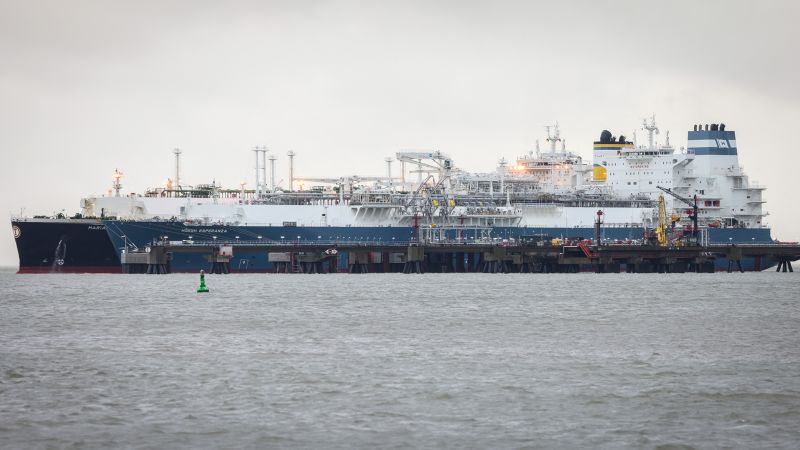Travel
Holding it together

NDC SPEND – IN OR OUT?
While one buyer – let’s call them Buyer A – said one of their key airline deals included discounts off NDC fares and that the purchase of NDC fares counts towards its targets with said carrier, it was by no means the norm.
“We are delivering volume to airlines whatever fare type it is. There should still be benefits to a corporate if they’re booking NDC fares. It shouldn’t just be about achieving access to them, but also some level of discount on them,” they said.
The discount that Buyer A has in place with one European airline does ‘bundle’ it all together and cover NDC fares but the discount is less than might otherwise be achieved, they added. “We’re talking lower single figures rather than upper single or double figures, but ultimately we’re getting the lowest fare that exists, plus our corporate benefits,” they said. However, they have had little success in negotiating similar terms with other airlines.
A second travel manager on the call, from a well-known global company, is also frustrated with those airlines choosing not to consider the corporate’s NDC or direct spend. “If we had access to those NDC fares in every scenario – and that’s another conversation altogether – they should count to your overall spend target that you’ve set with the airline,” said Buyer B. “If we’re buying NDC fares we’re still demonstrating loyalty to you as an airline and therefore they should be recognised as part of our spend. Right now, that’s not happening in every scenario.”
Before the roll-out of NDC, corporates had deals in place for certain routes where they had high volumes, with a discount across different cabins, they continued, “and then you had buckets of your spend where you were buying the non-changeable, non-refundable, non-flexible fares. They were incorporated [in progress towards targets] so why is NDC not?”
The story doesn’t end there, however, with Buyer A explaining that some airlines are struggling to track corporates’ direct or NDC spend. “The irony is they [the airlines] want [us to buy] the NDC fare because they’ve got a higher revenue share on that ticket, but we have no way of actually tracking that piece of business with the airline,” they said. “They’ll come to us and say ‘we can see that you’ve spent 400,000’, but we can see that we’ve actually spent 550,000 and that 150,000 of that is NDC [spend].”
Representing another global organisation, Buyer C agreed: “As buyers, we have omnichannel content and we are left with the challenge of consolidating it all. It shouldn’t happen; it should be the airlines’ responsibility to bring it all together in one point.”
Buyer B added: “Even if the airline’s intentions are good and they include NDC fares [as part of overall spend], the mechanics to track it aren’t there so we’re losing out. There’s no technical capability so it becomes about the principles behind it.
“We understand why NDC is progressing, for the advancement [of the industry], and we want the airlines to make money, and we want them to build back, but the way some are going about it just isn’t working.”
Perhaps inevitably, the conversation turned to American Airlines’ notably aggressive NDC strategy. “Whilst I loathe the way American has dealt with it, someone had to do it [spearhead distribution evolution]. I just don’t think they’ve managed it in the most effective way. They haven’t been prepared to invest and make it work for corporates,” said Buyer B. “They don’t seem to care about corporates. They’ve been very clear – the person they’re trying to talk to is the employees, not the employer. If all the airlines follow that stance, the situation’s never going to be resolved.”










